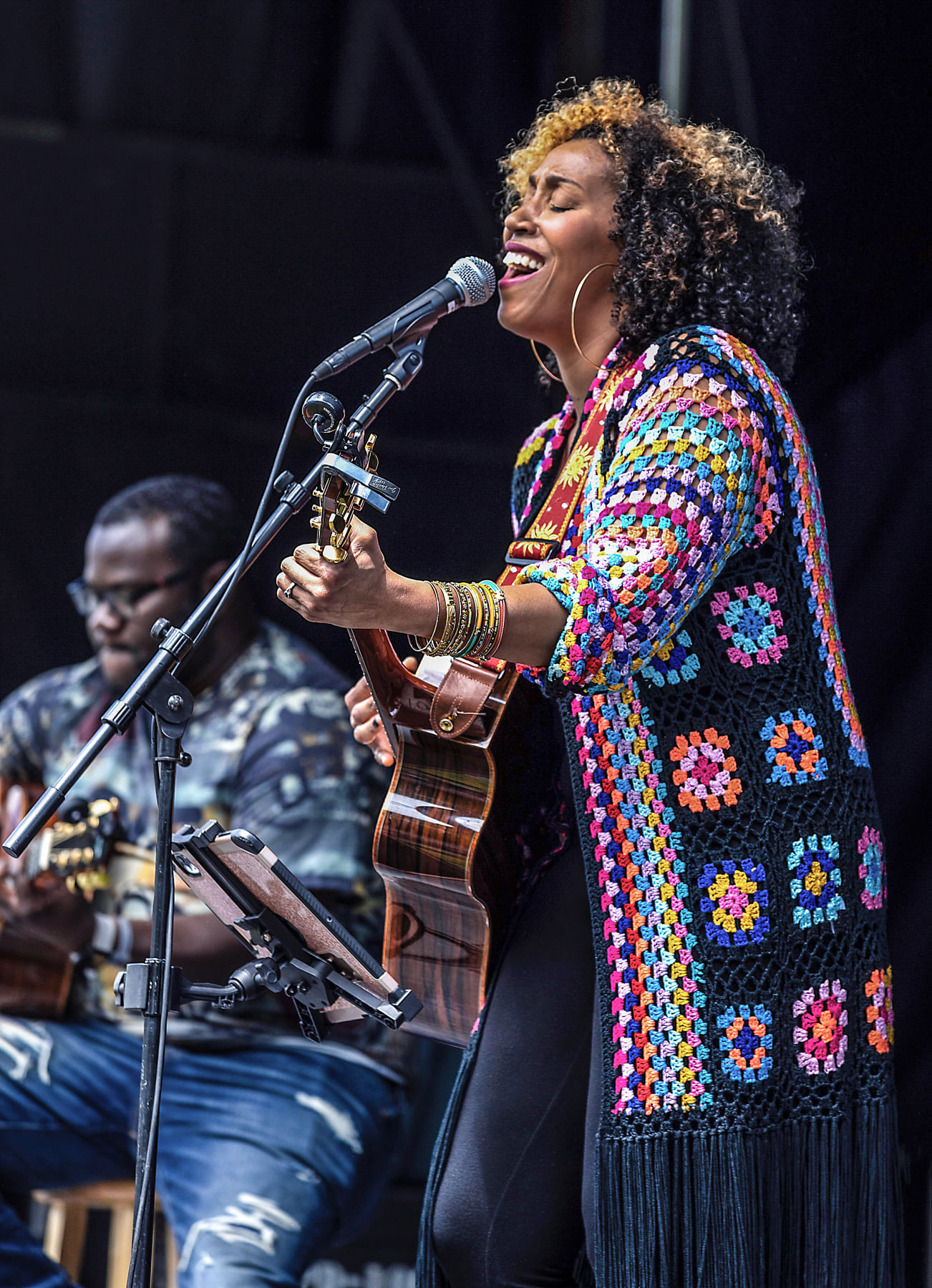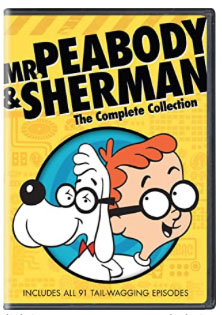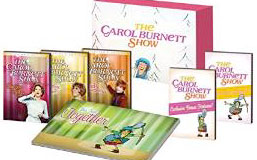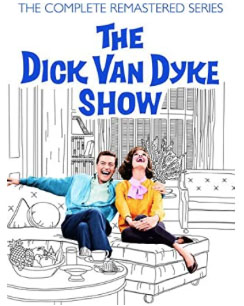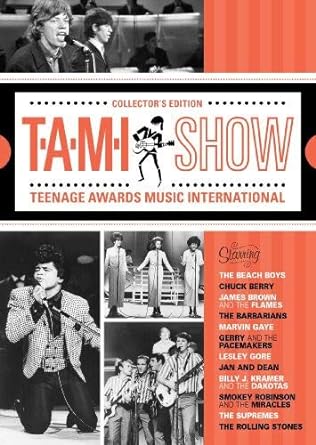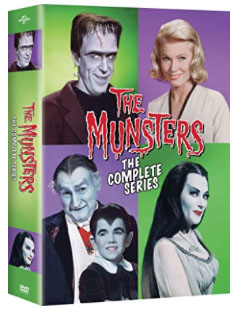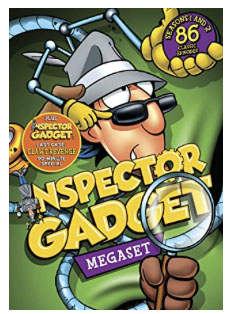Rissi Palmer is Still Here
By Billy Ingram
VIDEO
Rissi Palmer’s 2018 protestation ’Seeds’ resonates as profoundly as ‘A Change is Gonna Come,’ Sam Cooke’s puissant early-sixties cri de coeur. “I wrote that song with Deanna Walker and Rick Basford,” Palmer explains. “We've been writing songs together for years.”
Having grown up in St. Louis with many friends in the Ferguson community, Palmer says the idea grew from a sense of powerlessness surrounding the murder of Michael Brown. “I wanted to say something but, to be perfectly frank with you, I couldn't think of anything positive to say and I tend to be a pretty positive person. I understood why people were angry, why they were hurt.” When she saw a quote that stated: They tried to bury us, they didn't know we were seeds, “I was like, that's the way to look at this.”
Making music is something Rissi Palmer was attracted to since childhood, “I started singing in church as a kid. I actually have a picture of me at age four standing on a milk crate to reach the microphones.” At 19-years old, she was offered a record deal from Terry Lewis and Jimmy Jam but, “I ended up turning it down and did not get another deal until I was 26.”
Palmer considers her eponymous first album to be a straight-up country, That same year, Rissi Palmer made her debut at the Grand Ole Opry after becoming the first black woman in 20 years to hit the Country music charts.
Palmer’s bio states that she shared the stage with Taylor Swift so I had to ask. “She was a baby at the time, this was at beginning of both of our careers,” Palmer’s tune ‘Country Girl’ was released just as Swift’s debut single ‘Tim McGraw’ was rising. “This was 2007, we played quite a few new artist rounds together for radio stations. I was her opener for a music festival in Wisconsin, I think she was like 15 or something.”
“As I've gotten older, thanks to being an independent artist,” Rissi Palmer says, “I’ve had an opportunity to explore different sides of my influences. So I don't know that it's particularly fair to people who are traditional country artists to call what I do country.” Instead, she began calling her style Southern Soul, a mixture of country, R&B, gospel, pop, “and all those things that I listened to and loved as a child.”
Post-Modern Sitcoms / Actors That Wrote Books / 1987 Gilbert Gottfried Pilot Written By Larry David / Tarantino, DiCaprio & Pitt on Once Upon A Time In Hollywood / Ray Liotta and Joe Pesci Talk Goodfellas / Coming to America - The Awful Sitcom? / Robert Wagner Interview / Helen Mirren on 1923 / Lucky 19-Year Old Birthday Boy on The Price is Right / 1990-1999 TV Commercials / James Hong on the First & Only Asian Talent Agent in Hollywood / More Than Myagi: The Pat Morita Story / Chevy Chase 2021 Interview / Ally McBeal and that Darn Dancing Baby / Ed Begley Jr. Interview / Rap Folk Artist Demeanor Interview / Peter Boyle's Heart Attack on the Set of Everybody Loves Raymond / Patrick Swayze Refused To Do 'Ghost' Without Whoopie Goldberg / Clark Furlong on Stephen King's Mini-Series Lisey's Story / 14-Year Old Brody Bett Steals the Show at a David Foster Concert / Worst Big Budget Superhero Movie of All Time / William and Bonnie Daniels, ReLaunch Online Store / Jerry Springer's Toxic TV Legacy / Three Generations of Talent / Mary McCormack on The West Wing / TOBE : First Respectful Children's Book for Black Kids / Greensboro NC Stories & Weird History! / Greensboro NC Stories & Weird History : It Happened on Hill Street! / One Season Too Many / Dick Wolf on the Writer's Strike / Angela Lansbury Tribute / Sam Fribush Organ Trio / Why The Nanny Matters / Houston Knights / Rissi Palmer is Still Here / Uncle Buck Sitcom / My Brush With King Charles / Bonnie Bartlett Daniels Interview / Frank Zappa Talk Show? / Remembering Marvel & Buffy Scribe Pierce Askegren / Piper Laurie Tribute / 1993 Route 66 Reboot / David Hyde Pierce on the Last Days of ‘Frazier’ / Angela Lansbury Interview / The Shadow Movies of the 1930s & 40s / Remembering Hal Holbrook / Remembering Angela Lansbury / Greensboro Movie Theaters : Star Theatre / Police Squad Shot-By-Shot Remake of M Squad! / A Painting Saved Bill Murray's Life / Why Jim Carrey Fought to Cast Jeff Daniels in 'Dumb and Dumber' / Meredith Baxter Talks Breast Cancer / Sopranos Creator David Chase Had to Fight to Make Tony Soprano the Mobster He Was / Joan Collins on Working With Drunk Actors / Snowmaggedon 1969 / Joe Pesci HATES Practical Jokes / Books About Showbiz / Making It in Showbiz / Dark Justice / My Fave Book About Showbiz / Remembering Billy Packer / More Celebrity Biographies / Peter Falk : Inside The Actor's Studio / Jason Alexander on Duckman / Robert Ebert on Robert Mitchum / Watch Dave Chappelle's New Netflix Special for Free / Margaret (Wicked Witch of the West) Hamilton Was Almost Scarred For Life Filming Wizard of Oz / Restaurant Chains We Might Lose In 2020 / Night Heat / Short History of TV Advertising / Is Ellen A Monster? / To Binge Or Not To Binge? / 1986-87 TV SEASON / Celebrity Bios 4 / 1988-89 TV SEASON / 1990-91 TV SEASON / Can Comic Book City Survive? / When TV Plays Politics for Laughs / The Worst Thing I Ever Saw (Part 2) / Greensboro's Beef (Biff) Burger Has Closed! / Sally Field Looks Back on Smokey and the Bandit / Actors Writing Memoirs 2 / Gene Wilder's Sexual Chemistry with Richard Pryor / WORST Pizzas Served On Kitchen Nightmares / Ricky Gervais' Cruelly Funny 2020 Golden Globe Monologue / What It's Like To Win A New Car on The Price Is Right / Night Train! 3 - Las Vegas Comic Pat Cooper / Night Train! 4 - Resurrection and Death of Louis Prima / Denis Shepard of Paradise Lost / Space Force Logo is a Ripoff from Star Trek! / Batman Movie from 1939? What?!? / Michael Richards (Kramer) Really Hated It When his Seinfeld Co-Stars Messed Up / Melissa McCarthy Almost Quit Acting Days Before Landing Gilmore Girls / Bar Rescue's Wildest Customers! / How The Golden Girls and Elvis Got Tarantino's Reservoir Dogs Made / Charlie Brown Voice Actor Released From Prison / New Year's Eve on TV / Sir Laurence Olivier on the 'Genius' of Marlon Brando / 1967 Futurists Predict The 21st Century / Remembering Diahann Carroll / 50 Funniest Niles Crane Insults / TV HITS - By the Numbers / How Tom Hanks Played Mr. Rogers / Colin Farrell as The Penguin? / Alex Baldwin On His TV and Film Roles / Ray Charles' BIG Problem With TV / Malcolm Gladwell on TV Crime Dramas / Why Dolly Parton Would Not Let Elvis Record 'I Will Always Love You' / Top Ten Sitcoms of the 1970s / Danny McBride Rebooting Hogan's Heroes? / Fashion on TV / Alive & Well / James Cameron Made No Money for Titanic / Whatever Happened To Miss Cleo? / Lucy Blows Off Burt Reynolds / Dave Navarro Meets His Mother's Killer / The Real Mindhunters Killers / John Goodman Breaks Down His Iconic Roles / Growing Up In The Playboy Mansion / Ed McMahon Drunk on the Air! / Lucy Interviewed by Barbara Walters / Valerie Harper Cancer / Jeff Bridges Breaks Down His Iconic Roles / Dog Fight! The KCNC Scandal / Buckley vs Hefner / Laurence Olivier vs Marilyn Monroe / Dallas vs Eight is Enough / 1974 MAD Magazine TV Special - Never Aired! / Iconic M*A*S*H Restaurant Coming To Kroger? / Matt Damon, Bill Murray, and Graham Norton - Big Laughs! / When Lucy Got Fired / Partridge Family and Brady Bunch at Kings Island theme park 1972-73 / Awkward Talk Show Moments / Allan Blye Interview / Jack Benny's Last Tonight Show 1974 / Patricia Heaton's Audition for Everybody Loves Raymond / Luke Perry's Last Role / Johnny Cash's Last Interview / Judy Garland's Last Film / Who Was Bob Gordon? / Richard Dreyfuss vs Bill Murray / Jeff Ross vs Everybody / Tennessee Williams 1972 Interview / Ed Asner Interview / Norm Macdonald vs OJ Simpson / Tony Kornheiser Interview / Freddy's Nightmares TV Series / Awful 1990s TV Shows / The Funniest Comebacks in Talk Show History / Was Sonny Bono Murdered? / Robin Williams' Mrs. Doubtfire Screen Tests / Robert Downey Jr Asks for Forgiveness for Mel Gibson / Russell Brand / Hank Williams: The Show He Never Gave / Judy Garland vs Liz Taylor / Emmy Award Multiple Winners / Nathaniel Taylor aka Rollo Lawson / Anthony Zuiker: Mr. CSI / Jimmy & Cher / Diana Muldaur: A Viewer's History / Uncle Andy's Funhouse / Bea Arthur vs Betty White / Skidoo: Worst All-Star Comedy Ever? / Every Marvel Cartoon Opening Theme From 1966 - Present / When Stars Play Themselves / My Pen Pal is in the Pen, Pal / Small Roles Big Performances / Barbara Hall / Stars Before They Were Famous / Stars Before They Were Famous 2 / Stars Before They Were Famous 3 / A Better Classic TV Network / Bill Paxton / Who Was the Black Daliah? / How Frasier Was Created / Music Videos / Chitty Chitty Bang Bang - Behind the Scenes / Shirley Jones Interview / What We Lost When We Lost VHS / When Hit TV Shows Return / Commercials Starring Sopranos Cast Members / Shows Nobody Remembers But Me 4 / Shows Nobody Remembers But Me 1 / Bryan Cranston Interview / FREE streaming movie service you didn’t know you have / The Great Cable TV Migration / Sportscaster Woody Durham / Movie Posters and the documentary 24x36 /Chris Robinson /Dallas Reboot /David Letterman /Auditioning For Game Shows in the 80s /Ghosts of Cable TV past / Honey Boo Boo - WTF?!? / Steven Bochco Tribute / Ian Abercrombie / Joe Franklin / John Nettles / Gotham / Family Fued: Gilligan's Island vs Lost In Space / Jon Cryer / Jon Stewart / Lana Wood / David Letterman / Matt Bomer / Molly Ringwald / Morgan Brittany / Music Rights for TV Shows / Neilsen Ratings / Norman Lloyd / Not Your Dad's TV / TV Series Reunions / Rich Little / Special Bulletin with George Clooney / Howard Stern VS Jamie Foxx / Top Ten Action Movies / 2013 Emmy Awards / 2010 Celebrity Deaths
It is what it is!
